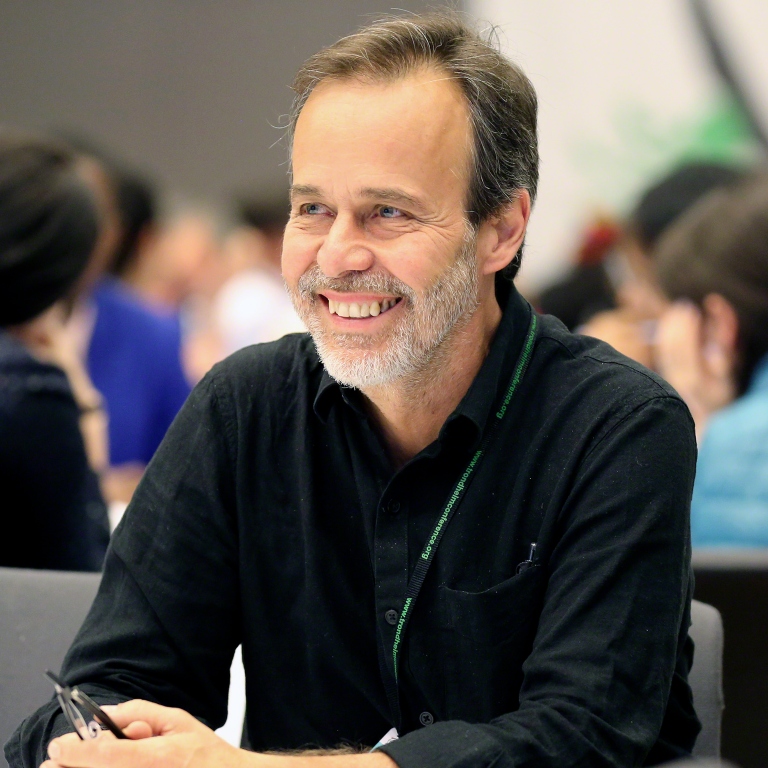With more than 50 million people infected and 1.32 million dead, the COVID-19 pandemic of 2020 is now personal for most people across the world. With lives changed forever as doctors and scientists race against time to treat critical patients and find vaccines, experts say one crucial aspect has been, almost willfully, looked over – the destruction of the world’s biodiversity. Loss of ecology is a key reason for this pandemic, and scientists warn that pandemics will not only get more frequent but also become more fatal in the future.
The SARS-CoV-2 virus is zoonotic – which means it originated from an animal, most likely a bat. The virus originated from a wet market in Wuhan in China. Like the COVID-19, there are at least 1.7 million unidentified viruses that can infect people in mammals and water birds. Of this, up to 8,50,000 can infect humans.
"Anyone of these could be the next ‘Disease X’ – potentially even more disruptive and lethal than COVID-19," warned four experts in a guest article for IPBES. The experts are Josef Settele, Sandra Díaz, and Eduardo Brondizio, and Dr. Peter Daszak.
But neither bats nor other wildlife is the villain, the destruction of their habitats is, experts say. India and some Asian countries have neither acknowledged the connection between loss of biodiversity and pandemics nor taken policy measures to slow down damages to the planet’s ecosystem.



